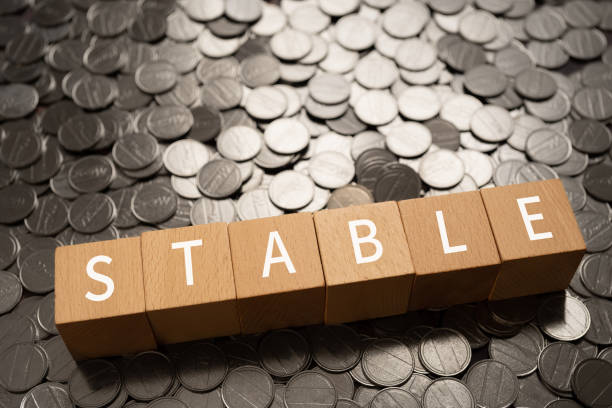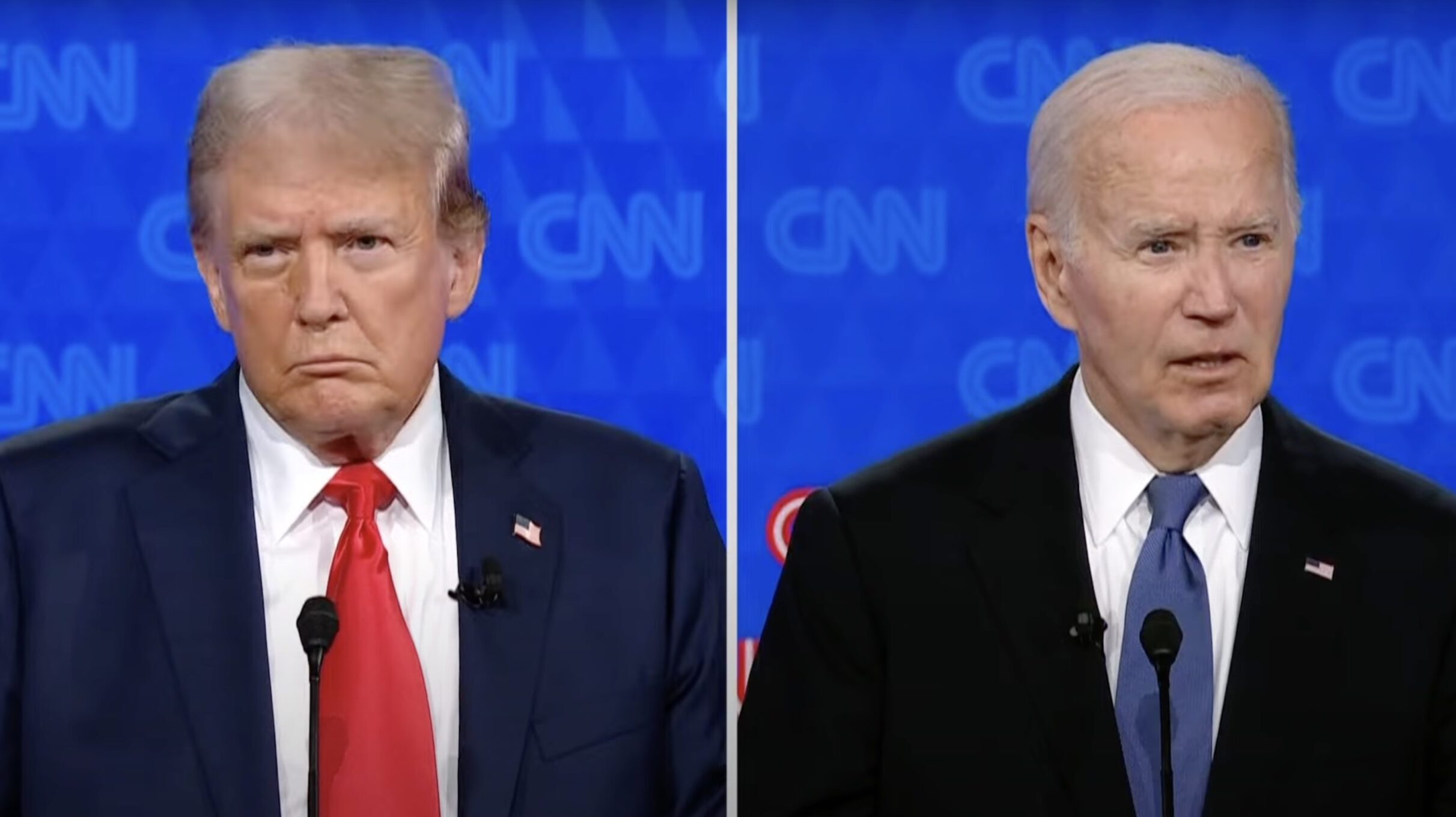Stablecoins continue to witness notable adoption as the world’s largest country Russia is investigating the use of stablecoins for international payments in light of the growing financial strain imposed on it by international sanctions and economic difficulties.
The move attempts to circumvent traditional financial channels, underscoring Russia’s strategic transition towards digital assets as a means to preserve its global trade activities in the face of ongoing geopolitical tensions. Matthew Sigel, the head of digital assets research at VanEck shared the development on the X (formerly Twitter) platform on Wednesday, citing a piece of the announcement.
Russia Look To Stablecoin For Global Payments
It is worth noting that stablecoins are a kind of cryptocurrency intended to keep a consistent value pegged to a reserve of assets, like conventional fiat currencies and gold. They provide a combination of the efficiency and flexibility of digital assets with the stability of conventional financial institutions.
Due to the nature of these coins, the Russian authorities believe these assets are a promising instrument for cross-border transactions, prompting the nation to consider accepting stablecoins for its day-to-day activities.
According to the deputy Governor of the Bank of Russia, Alexei Guznov, the current negotiations are to develop stablecoin regulatory measures. The purpose of this proposal is to create a legal framework for the collection and utilization of the asset in cross-border payments.
Guznov further pointed out that this project might transition from an experimental phase to a more permanent regulatory structure. However, setting a deadline for the project’s completion is still necessary while the central bank makes sure that any potential legal troubles arising from sanctions and international finance laws are avoided.
“The regulation can profoundly affect the Russian business environment that deals with international trade, particularly with Asian countries,” Guznov added. As a result, Russia can get around some of the restrictions imposed by sanctions on the present financial systems by utilizing stablecoins, which are geared toward reserve assets and have a central issuer.
Russia‘s idea of adopting the coins for global payments has been a major discussion in the nation since 2023. Now, following the law passed by Vladimir Putin, the President of Russia, authorizing the use of digital finance assets for global payments, the country can finally legalize stablecoins settlements.
The Coins To See Significant Growth In Europe
This proposal comes in light of the rising discussion around the EU’s Markets in Crypto Assets (MiCA) law. The MiCA law highlights the growing significance of precise jurisdiction in the digital asset field, poised to be a historic regulatory framework for the cryptocurrency market.
Patrick Hansen, a senior policy executive at Circle, has offered insights on the impact of the law on the stablecoin sector. According to Hanson, 1.1% of Euro-denominated crypto transactions are executed using EUR-stablecoins, compared to 90% for USD-stablecoins. “It sounds funny, but the 1.1% is actually an all-time high,” he added.
Although the number was zero a few years ago, Hansen believes it can only get bigger from here, and the introduction of MiCA will help make EUR-stablecoins volumes and liquidity more alluring.
Featured image from iStock, chart from Tradingview.com















